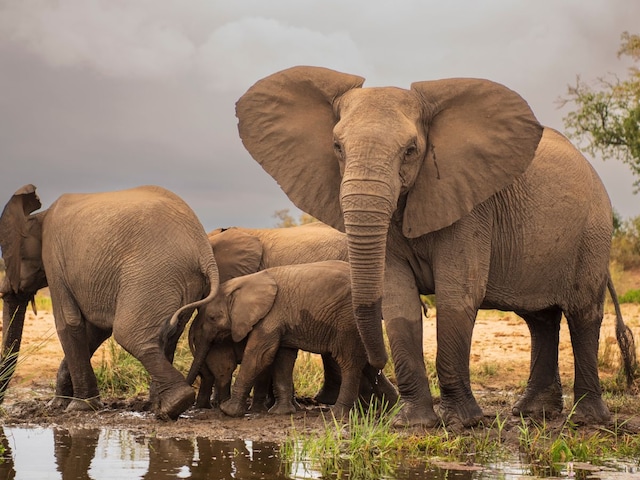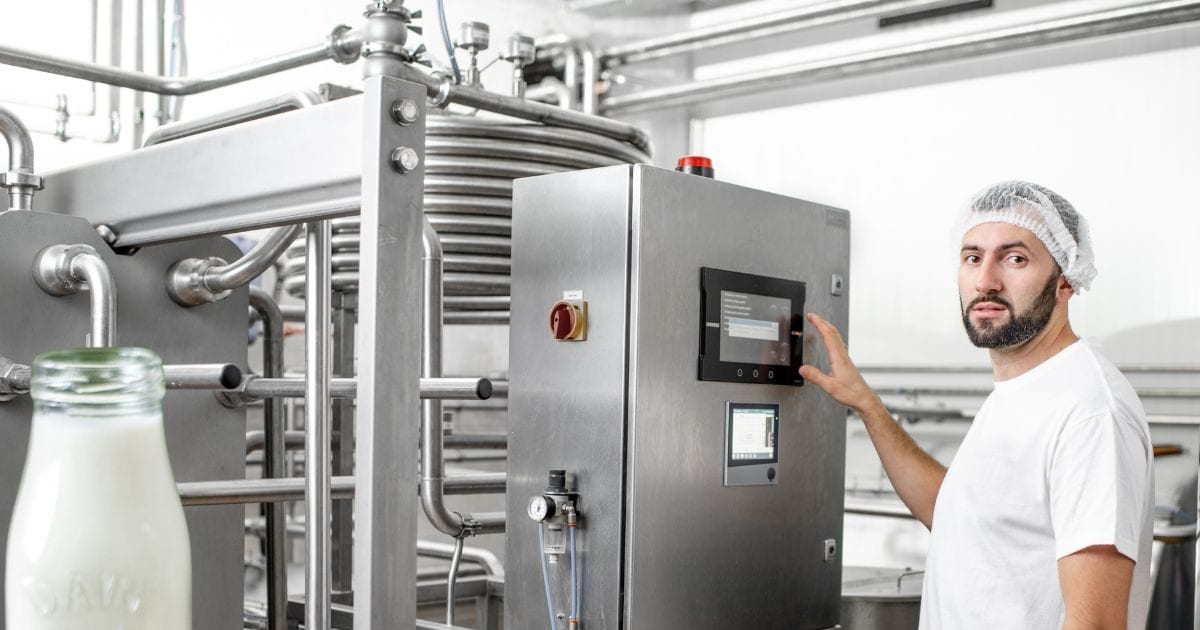Last updated:
Elephant has no cancer: Do you know that elephant, the largest animal of the earth, does not have cancer. What would you like to know the reason for this. Know the reason for this here.

What is against cancer in elephant?
Highlights
- Elephant’s body is many times more than humans but it does not have cancer
- Elephant’s body developed resistance against cancer over time
- Humans should learn from elephant genomes.
Elephant has no cancer: The whale is undoubtedly the largest organism in the sea, but elephant is the largest animal in the history of the earth. The average age of an elephant is almost as much as us. But despite being such a big animal, the elephant has a disease. Even cancer is negligible. This is a big thing in itself because there are millions of times more cells in the elephant than humans and DNA malfunctions are always in the cells. When the malfunction of DNA starts on a large scale, it turns into cancer disease, but DNA malfunction in the elephant is not much. For this reason, rare cases of cancer are seen in elephants. The reason for there is no fault in DNA is a rare gene in the elephant.
Pran for 20 copy elephants of P53 gene
Oxford university A research conducted by many institutions including found that elephants have 20 copies of P53 genes while in humans it is only one. This gene immediately cures DNA malfunction, but this gene does not occur at such a level in humans. In fact, the cells in the organism keep making themselves copy. When the copy is formed, it replaces the old cells and the old cells are excluded from the body. If new cells are like old cells, then everything remains balanced, but if there is a change in it, then the mutation starts. Although there is disturbances in these new cells, but the system of our body is in such a way that it also keeps repairing it. But when these mutations start happening on a large scale, then such mutations cells gather and make tumors. This cancer turns into cells.
How the elephant stops this mutation
If we consume more toxic substances, take more stress, adopt a bad lifestyle, then all these factors can increase the rate of mutation. In this way, the rate of cancer in humans may increase but unlike humans, elephants challenge this trend. Although the body of elephants is very large and their average age is also equal to humans, the mortality rate from cancer in elephants is estimated to be less than 5%. Scientists believe that elephants have 20 copies of P53 genes found due to their excessive immunity towards cancer in elephants. This is called the “protector of genome”. That is the Guardian of Genome. This gene is only one in other mammals. These genes rapidly repair DNA.
What a person should learn
Fritz Volrath, Professor and Trustee of Save the Elephant, a professor of the Department of Biology, Oxford University, said this complex and interesting study shows that elephants are not only for their vast size, but also for their biological characteristics. We should not only preserve these unique organisms but also study closely. After all, their genetics and physiology are not only associated with their evolutionary history but also with today’s environment, diet and behavior. When DNA is damaged, this protein becomes active and starts the process of improvement by stopping the copy process of the cell. If the DNA of the cells copied is not damaged, there is no need for the repair activity of the P53, and then it neutralizes another protein called MDM2 E3 Urubitin Ligies, an oncogene (genes associated with cancer). Therefore, we should try to know in our study how many genes are made in the elephant.
Also read-which lentils should be eaten with rice, in whose combination, the treasure of nutrition will be found, in which more protein
Also read-Okra, water and honey, life in life that will make the mind pure with the body, know why it makes the body rejuvenate




